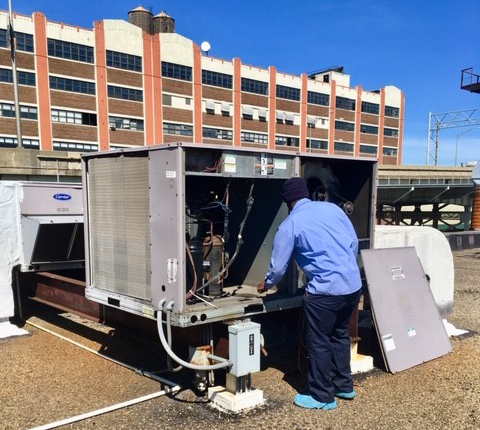The year’s first Legionnaires’ disease outbreak has claimed a life after two patients at a Richlandtown, Pennsylvania, care center were confirmed with the deadly respiratory illness, according to WFMZ-TV.
The two individuals, who came to Phoebe Richland Health Care Center from two area hospitals, were diagnosed on Jan. 2 and Jan. 5. The patient who passed away died due to multiple contributing health factors, according to a statement released by Phoebe Richland officials. The other resident is in stable condition and undergoing treatment.
No information was provided on either patient.
“The health and well-being of our residents and staff are Phoebe’s top priorities,” the Phoebe Richland statement read. “In the last few days, two residents who were recently admitted to Phoebe Richland Health Care Center were diagnosed with Legionnaires’ disease.”
Legionnaires’ disease is a severe form of pneumonia — that is, lung inflammation usually caused by infection – according to the Mayo Clinic. The disease is caused by Legionella bacteria, and most people are infected by inhaling the bacteria in the form of microscopic water droplets, usually in the form of mist or vapor.
Legionnaires’ disease is not contagious – that is, it cannot be passed from person to person. If it is caught early enough, it can be treated with antibiotics.
Phoebe Richland is working with the Bucks County Health Department to identify whether the facility is the possible source of the Legionella that infected the residents.
“We have engaged an outside vendor to conduct specialized water testing beyond our annual testing, which is performed in accordance to our water-management policies,” the statement read. “In the event that our campus is determined to be the source of the Legionella bacteria, we are taking measures to locate and eliminate any potential source of Legionella.”
Phoebe Richland is located at 108 S. Main Street in Richlandtown, about 50 miles north of Philadelphia. The facility offers long-term care, short-term rehab, memory support services, and respite care.
A mild form of Legionnaires’ disease — known as Pontiac fever — can produce signs and symptoms including a fever, chills, headaches and muscle pains. Pontiac fever, however, doesn’t infect the lungs, and symptoms usually manifest within two to five days.


